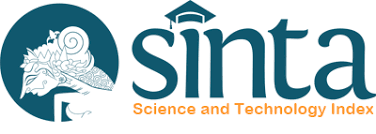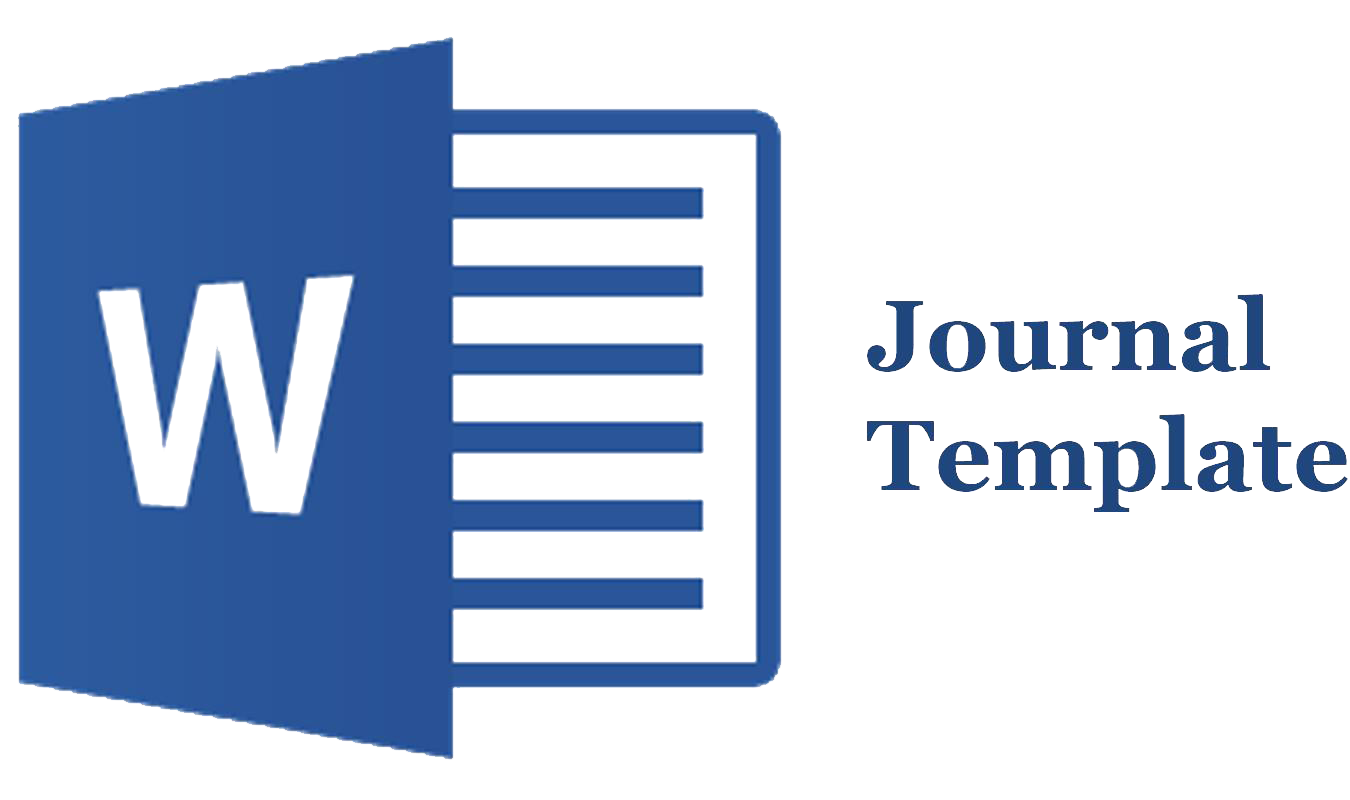PEMIKIRAN MUHAMMAD ABDUL MANNAN TENTANG PRODUKSI DALAM EKONOMI ISLAM
Abstract
The objectives of this study are to find out Muhammad Abul Mannan's thoughts on Production in Islam. This research is a library research. The type of research used is qualitative. Collecting data in this study is to do documentation. The results of the analysis show that M. Abdul Mannan's thoughts on economic welfare-based production are very much in accordance with the principles of production in Islamic teachings. The fundamental principle that must always be considered in the production process is economic prosperity, the concept of economic welfare in Islam consists of increased income resulting from increased production of useful goods through the maximum use of existing resources. Comparison of Muhammad Abdul Mannan's thoughts on production in Islam with production in modern times.
Downloads
References
Amiruddin, Muhammad Majdy. dkk. “Reviving Economic Thought By Mannan Perspective”. Journal, Rausyan Fikr, Vol. 15 No. 2, Desember 2019.
Apriyani, Yuni. “Pemikiran Muhammad Abdul Mannan tentang produksi berbasis kesejahteraan ekonomi”. Skripsi, UIN Walisongo. 2016.
Biografi Muhammad Abdul Mannan dalam Introduction of Dr..Muhammad Abdul Mannan, http://www .geogle. com/M.Abdul Mannan/biografi.htm, diakses pada tanggal 15 Maret 2020
Effendy, Mochtar. Ekonomi Islam Suatu Pendekatan Berdasarkan Ajaran Qur'an dan Hadis. Palembang: Al-Mukhtar. 2006.
Faizah, Fita Nurotul. “Teori produksi dalam studi ekonomi Islam modern: analisis komparatif pemikiran Muhammad Baqir al-Sadr dan Muhammad Abdul Mannan”, Skripsi, UIN Walisongo. 2016.
Kahf, Monzer. Ekonomi Islam (Telaah Analitik terhadap Fungsi Sistem Ekonomi Islam), Terj. Machnun Husein. Yogyakarta: Pustaka Pelajar, 1995
Karim, Adiwarman. Ekonomi Mikro Islami. Jakarta: III T Indonesia. 2002. Manan, Muhammad Abdul. Teori dan Praktek Ekonomi Islam, (Yogyakarta : PT.
Dana Bhakti Wakaf. 2016.
Mannan, Abdul. Teori dan Praktek Ekonomi Islam. Yogyakarta: Dna Bakti Prima Yasa. 1997.
Mannan, M.A. Ekonomi Islam: Teori dan Praktek, alih Bahasa Pafat Arif Harahap. Jakarta: Intermasa, 1992.
Mannan, Muhammad Abdul. Ekonomi Islam Teori dan Praktek Dasar-dasar Ekonomi Islam. Yogyakarta: Dana Bhakti Wakaf. 1993.
Mannan, Abdul. Teori dan Praktek Ekonomi Islam. Yogyakarta: Dana Bakti Prima Yasa. 1997.
Mannan, Muhammad Abdul. Teori dan Praktek Ekonomi Islam. Yogyakarta: PT Dana Bakti Wakaf 1995.
Nasir, Moh. Metode Penelitian. Bandung: Mizan. 2009.
Pawito. Penelitian Komunikasi. Yogyakarta: Pelangi Perkasa. 2007.














